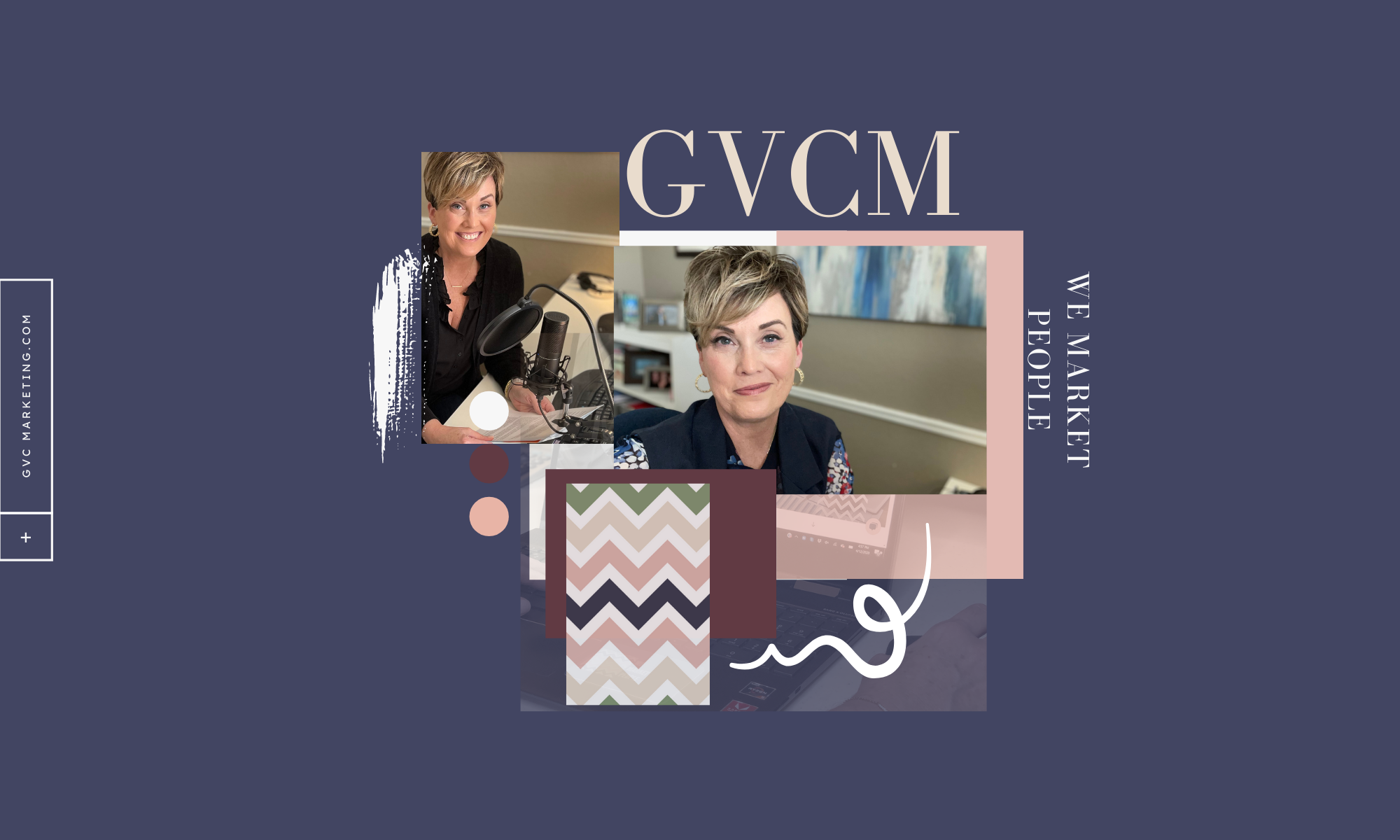
In the constantly-evolving world of social media, companies need to be smart in how they use their marketing dollars. Trends change quickly, so you’ll want to make sure you’re optimizing your strategies to get the most eyes on your social media ads as possible.
The members of Ad Age Collective are familiar with the ins and outs of social media marketing. That’s why we asked them to each share one way a business can get the most out of their social media advertising budget. Read on for their best responses.
1. Use demand signals like intent keywords.
Too often, we guess what prospects care about and then start writing, tweeting and posting away. What if you could flip the script and actually know what they care about? The reality is, you can. By updating your strategy to always start with intent keywords, you know what your ideal customer profile (ICP) really cares about so all of your content, social and ads are driven by these insights. – Latane Conant, 6sense
2. Target your audience carefully.
Social media advertising offers one of the best means to target a core audience. By focusing your strategy, you can reach the right people at the right time and the right place for a budget that feels right. Taking advantage of the services for some of the big ad channels allows even small brands to find their audience quickly and effectively. – Maggie O’Neill, Peppercomm
3. Promote your earned media on social media.
One of the biggest problems with social media ads is that people don’t trust them. One of the biggest problems with positive PR coverage is that not enough people see it. On the other hand, you can control your social media with great precision, and people trust editorial content way more than ads. Combine the persuasion of earned media with the precision of social media for a big win. – Dan Beltramo, Onclusive (formerly AirPR)
4. Produce customized content for very specific clients.
Too often, businesses try to speak to everyone with their ads, but this leads to them speaking to “no one” and spending an exorbitant amount on ads with limited ROI. Instead, hone in your content on very specific target clients (exactly down to an individual person is best). Not only will your content convert better, but you will also spend less per ad as you aren’t trying to go after the entire country. – Patrick Ward, Rootstrap
5. Publish less content and participate more.
Limit the amount of content you produce. We call that “participate and not publish.” Only say something when you have something of value to say. You can solve specific problems and then make sure you’re super efficient with your spend by targeting the content to audiences at their moment of need. The end goal is to create real value by producing content that has meaning, resonance and relevance. – Marc Landsberg, SOCIALDEVIANT
6. Be engaging and authentic.
Having a social media campaign that engages consumers or influencers and entices them to share and repost across all their platforms is the best way to stretch the budget. This is the most authentic as it is something that people truly want to share with their personal audiences because they found it valuable themselves. – Jessica Hawthorne-Castro, Hawthorne Advertising
7. Follow the data.
Social media advertising should follow the same rules as other advertising or marketing campaigns: It should be data-driven. If you leverage your organization’s existing data (from a CRM platform, for example) and combine with a platform’s recommended audience, you will be more successful getting your message in front of your most valuable customer. Also, it does not require any additional budget! – Brad Wensel, Healthgrades


